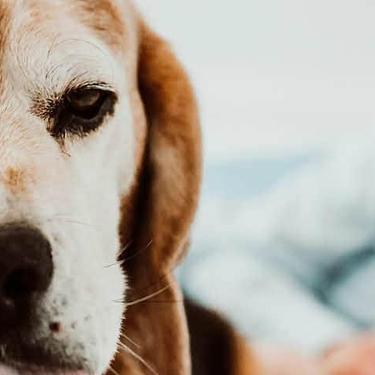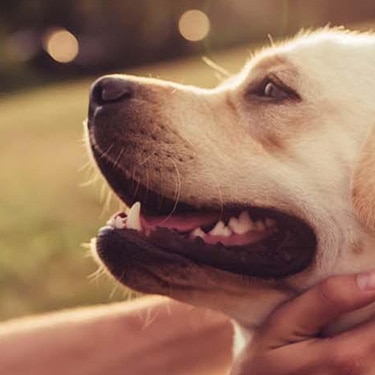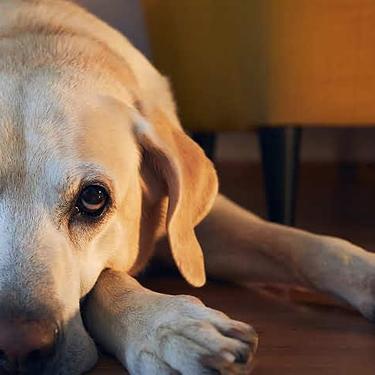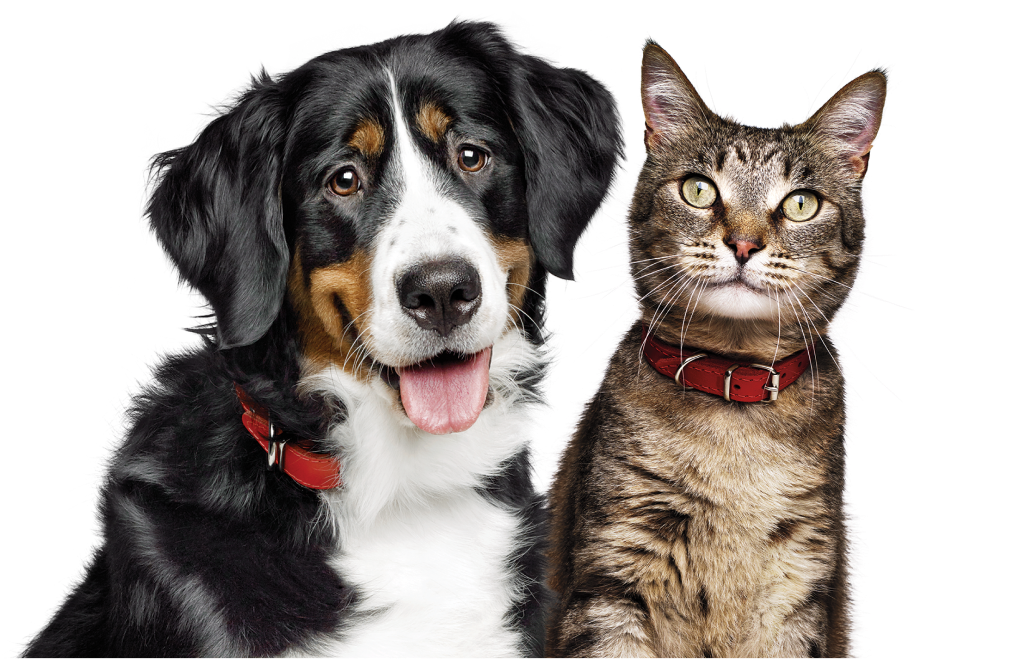These dogs are very intelligent, trainable and noble. They’re also assertive and confident. Those who own Corsi (plural for Corso) will tell you that they are intensely loyal and fearless protectors of their tribe and territory. However, while some Corsi remain constantly guarded, others will lick the face off people they trust.
The Cane Corso will also adopt a pack leadership role with you and your family if allowed. This makes responsible training, firmness and socialisation with other people and dogs from an early age vital.
Corsi are definitely not lap dogs. But they do like close connections with their owners. They’re also fairly good with children and other pets if trained well and socialised at a very early age. Corsi need lots of vigorous exercise and mental stimulus – otherwise they can become destructive – also, a high secure fence is paramount.
Recommended Diet:
Puppy: Hill’s Science Diet - Puppy Large Breed Dry Dog Food
Adult: Hill’s Science Diet - Adult Large Breed Dry Dog Food; Hill’s Science Diet - Adult Perfect Weight Large Breed Dry Dog Food
Mature: Hill’s Science Diet Adult 6+ – Senior Large Breed Dry Dog Food
The Cane Corso belongs to the Mollosus family of working dogs that were popular in Greece. During the reign of the Roman Empire, legions brought Mollosers back from the Greek Islands to develop into a native Italian breed. These were generally crosses with the enormous Neapolitan Mastiff.
At first Corsi became dogs of war. They were known as ‘pireferi’ – fearless dogs that charged enemy lines with buckets of flaming oil strapped to their backs. But by the fifth century, Corsi were being used for boar hunting, guarding farms and droving livestock.
After decades of invasion, socio-economic upheaval and farming advancements, the Cane Corso was facing extinction. The breed did replenish however, thanks to the efforts of Italian devotees in the 1970s. The Society Amorati Cane Corso was formed in 1983 and Corsi began to be exhibited across Europe. In Australia, the breed became formally recognised by the Australian National Kennel Council in 2003 and used for police work, guarding and loyal pets.
Health Concerns:
In terms of typical ailments, Epilepsy and Gastric Bloat (which can be fatal) are the major concerns. Others include Hip Dysplasia, Demodex Mange, and eyelid abnormalities.






















